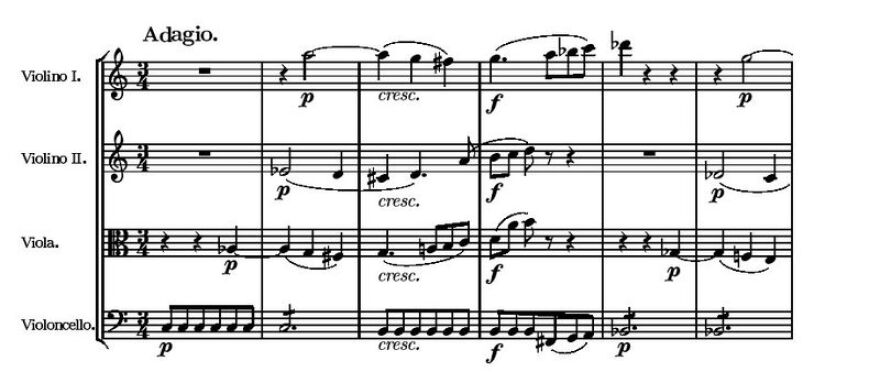"There's a certain slant of light, On winter afternoons, That oppresses, like the weight Of cathedral tunes." ~Emily Dickinson
Our musical tastes are often governed by the seasons. This natural process takes place without fervor nor fanfare.
So, what then is “winter music”? What music speaks to you more clearly during the frosty season? I’m not talking merely about Christmas music, but what music seems to be in accord with the snow, ice and the deep freeze?
Some suggested hibernal listening:
George Crumb-Night of the Four Moons
Crumb’s music is full of such crystalline sounds (crotales, cello harmonics, flutter-tongue flute technique) that inevitably I associate this ode to the Apollo moon landing with subzero temperatures. Although we all know that the 1969 moon landing took place in July, I can’t imagine a colder, more desolate landscape-musical or otherwise.
Per Norgard – Winter Hymn
When winter comes, you can bet that I will playing this on my show. Norgard’s text painting and his use of passing dissonance perfectly encapsulates a wintry mood:
The passing year will pass its deep. So shall our mind reach winter's sleep.
Fripp and Eno- Evening Star
It’s hard to believe that this electronic album was created 38 years ago because there is a timeless quality to it. Tracks on side one (There used to be a thing called vinyl records, kids.) are a serene testament both to the guitar playing skill and taste of Fripp and the immaculate production and keyboards of Eno.
Side two, called An Index of Metals, is a twenty-eight minute David Lynch-like drone poem in existential angst. Be sure you’re ready for that ride before boarding. My advice: keep things mellow, calm and centered.
David Sylvian – Blemish
Sylvian’s heartfelt reaction to his bitter divorce was channeled into music and thus Blemish was born. The result is an album with great warmth within its crackling, humming and sometimes bleak landscapes. It’s a true musical paradox and center stage is Sylvian’s tremendously emotive voice.
John Cage – In a Landscape
This may seem at odds with mellow, indoor music listening, but pianist Stephen Drury has chosen the “accessible” pieces from the man everyone loves to hate- John Cage.
Flow with the title track or the Eastern Music For Marcel Duchamp. Bacchanale may awake you from your reverie, so no sin to skip this one.
Philip Glass- Music in 12 Parts
One of the great things about winter is watching the snow fall, inside with a cup of rich and smooth cocoa. Grab a hot beverage, sit by the window and watch the endless patterns. I’m serious.
Not all of Glass’ monumental 12 part ensemble workout are suitable for snow watching, so my suggestions are two:
1. Put Part 1 on endless loop and stare out at the falling snowflakes.
2. Parts 1, 5, 9, 11 and 12 can be programmed. The sheer kinetic energy of these pieces will match the wild winds outdoors and all those magic flurries.
No list can ever be complete, so I stop here. Remember, listening to music doesn’t really accomplish anything; at least, nothing we can measure in the field of achievement. What it does give you is some YOU time and can revivify the soul.
That needs attending to as well.
